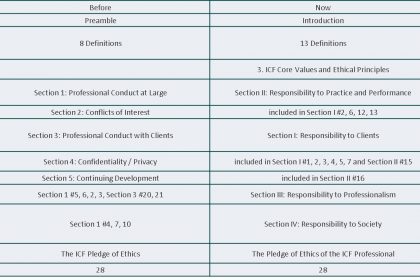Clients hire a coach when they want or need to change, and coaching technique directly impacts clients results. According to ICF, the number one indicator for effective coaching is the relationship between the coach and the client. It is incumbent upon the coach to understand the client, develop rapport, create trust, and empower the client. In this blog series, review the techniques for each and how the coach is a motivational partner for change.
Coaching starts with a focus on understanding the client. Coaches listen to the language of the client for a deeper understanding. For example, some clients focus on emotional aspects, thinking and deciding based on emotion. Other clients focus on research or logistics, thinking and deciding based on logic.
When a client is primarily passive in their communication style, coaches recognize they prefer more time before making a decision. More aggressive communicators tend to decide quickly.
Understanding the client is further enhanced with neuro-linguistic programming. Coaches realize clients are primarily visual, auditory, or kinesthetic. By listening to how the client communicates, the coach identifies preferences.
Coaches consider the clients perspective: What makes change a challenge?
* Habits
* Fear of the Unknown
* Change requires work and motivation
When a coach understands the client’s barriers to change and how a client considers options, decides, and talks about action, the coach is equipped to partner with the client effectively to move forward.




